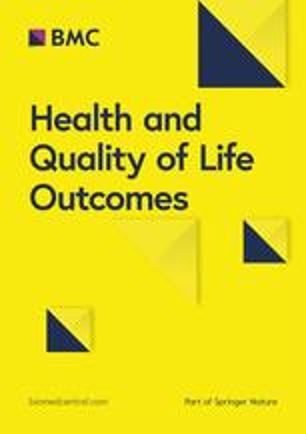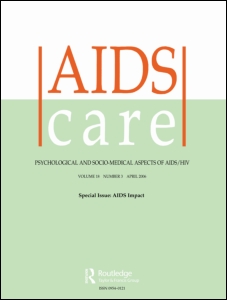Resumen
Background: In settings with high antiretroviral therapy coverage, numerous health-related issues continue to undermine the health and health-related quality of life (HRQoL) of people living with HIV (PLHIV). As part of a larger
study to develop and validate a new patient-reported outcome measure for use in HIV clinical care in Spain, we
sought to identify the most burdensome health-related issues experienced by PLHIV in order to determine which
issues should be addressed in the new instrument.
Methods: We conducted a literature review and a qualitative study based on four focus group discussions (FGDs)
with key informants in Spain. Participants were selected via purposive sampling. Two FGDs convened 16 expert HIV
service providers, and two convened 15 PLHIV with diverse epidemiological profiles. FGDs followed semi-structured
interview scripts and incorporated an exercise to prioritise the most critical health-related issues among those named
in the discussions. Content analysis was conducted using MAXQDA 12.
Results: The analysis of FGD data identified several broad categories of issues that were perceived to negatively
affect PLHIV. The most frequently named issues fell within the categories of social problems; physical symptoms;
psychological problems; and sexuality-related problems. Regarding social problems, stigma/discrimination was by far
the issue raised the most frequently. In the prioritisation exercise, stigma/discrimination was also ranked as the most
burdensome issue by both service providers and PLHIV. Within the physical symptoms category, the issues named
most frequently were sleep-related problems, fatigue, physical pain and body fat changes. Regarding psychological
problems, FGD participants most commonly spoke of emotional distress in general terms, and also called attention
to depression and anxiety. In the prioritisation exercise, both service providers and PLHIV ranked psychological well-
being as the second-most important issue following stigma. Sexuality-related problems that were reported included
sexually transmitted infections, hormonal problems, lack of libido, and general sexual dissatisfaction.
Conclusions: PLHIV are negatively affected by a wide range of health-related issues. HIV-related stigma and psycho-
logical well-being remain major challenges. Identifying and addressing these and other issues in routine clinical care
supports healthy aging and may ultimately contribute to better health and HRQoL outcomes in this population.






